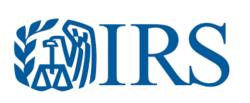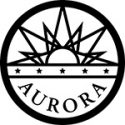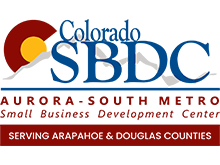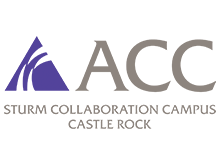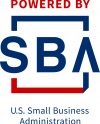Dirty Dozen 9 – Fake Forms

Falsified income, fake Forms 1099 part of IRS ‘Dirty Dozen’
A common tax scam the IRS sees each year involves falsifying income. The agency warns taxpayers to avoid related schemes to erroneously claim tax credits as well as more elaborate schemes that scam artists peddle. These schemes include elaborate ruses involving bogus Forms 1099.
Much like falsely claiming an expense or deduction is improper, claiming income the taxpayer didn’t earn is also inappropriate. Scammers provide fraudulent Form(s) 1099-MISC that appear to be issued by a large bank, loan service and/or mortgage company with which the taxpayer may have had a prior relationship. Read more…
